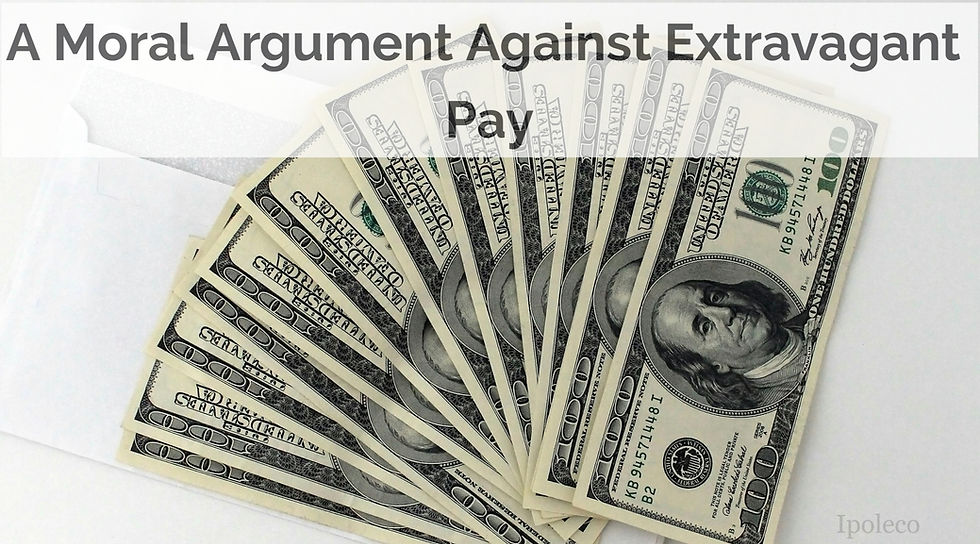The Economics of Government Shutdowns: the Multiplier Effect
- Karl Johansson

- 27 jan. 2019
- 2 min läsning
After more of a month of a government shutdown the US government reopened again this Friday for a three week period to have the government running during the continuing negotiations. Government shutdowns are obviously quite bad for the economy and in this blog post I want to try to explain how the shutdown will have had a significant impact for the entire US economy, not just those employed by the government. To do this we’ll have to delve in to some Keynesian economics to understand the multiplier effect.
Keynes argued that it is the responsibility of the government to try to minimise the negative effects of business cycles on the economy. The way to do this, he argued, was for the government to spend money on for example infrastructure during bad times when there was weak demand. The idea was that the government could spend on an immense scale which could benefit the entire economy. If the government pays a firm to build a road then the building firm might be able to hire more people and those people can spend more which would benefit other firms which are not directly involved in the building of the road. Sticking with the roadbuilding example the builders might buy lunch at a restaurant close by the road which would enable the employees at the restaurant to spend more, eventually this chain of events would on aggregate raise the demand in the economy. This means that each dollar the government spends actually translates to an increase in demand of more than a dollar which is the multiplier effect.
Going back to the real life example of the US government shutdown we find the opposite to our previous example. By not paying their employees the US government has created a situation where government employees have to decrease their spending as they’re not being paid for their work. This creates a chain reaction of lower spending as firms which rely on the spending of government employees sell less and so on. In essence, the shutdown has created an inverse multiplier effect where each dollar the US government doesn’t pay its workers creates a decrease in aggregate demand of more than a dollar.
So far we have only considered general examples but it’s also worth mentioning the effects this has had on individual people. A 2017 CNBC article states that 78% of Americans live paycheck to paycheck which means that going a month without pay would be very difficult. Perhaps American politicians should think about those 78% next time they want to shut down the government, and remember that what the government does affects everyone whether they work for the government or not.
What are your thoughts on the shutdown? Was it justified? Do you think the US government will shut down again in February? Please share your thoughts in the comments or on Twitter. If you’re interested in Politics you can find our other posts about politics here.



Kommentarer